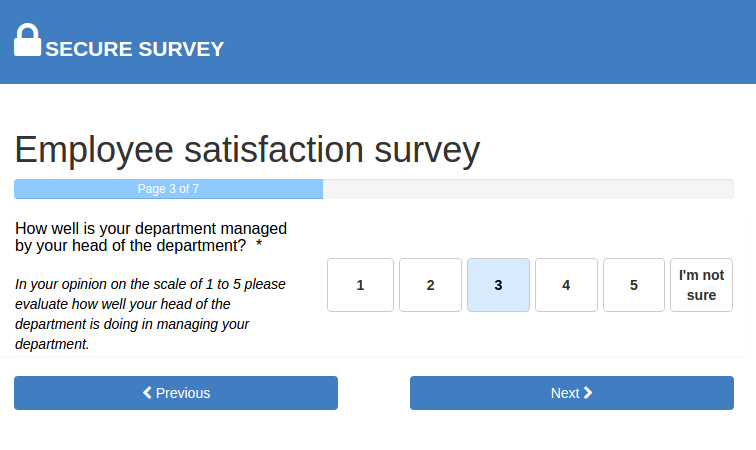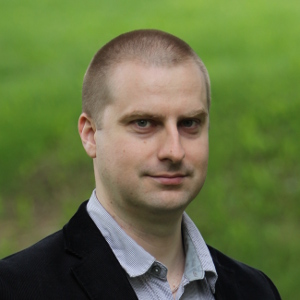Science is awesome. It helps us save lives, preserve ecosystems and explore the wonders of the Universe – given we provide practical every-day applications to our research. Seldom does science sound sexy (give or take a few buzzwords) – when the original Sharemind team of rogue computer scientists came together to research "secure multiparty computation," it was hard to believe that within a mere decade, publications will be turned to applications capable of revolutionising entire industries.
"We did massive things," Dan Bogdanov, the creator of Sharemind says. "We wanted to prevent satellite collisions and offer better ways of human genome research, but at one point you want to stop and ask yourself – how can we facilitate real change?"
Information is Power...
...and everyone knows that. What we often miss, though, is how information is created and what are the premises to our knowledge. "Numbers never lie, but people might," says Marko Jõemets, currently working on the EU-funded PRACTICE project where Sharemind is utilised in building secure survey systems. "You can analyse all kinds of data, but to make meaningful decisions, that data must be right," Marko continues. According to him, it becomes immensely important when making data-driven decisions, where that data is sourced from people who might have an incentive to hide the truth. Say, workplace happiness surveys.
Baldur Kubo, the project manager with decades of data analysis experience under his belt, says that survey systems cannot prevent people messing with the results, subconsciously (or, in some cases, fully consciously) scared by the consequence. "Say you work in a large corporation, but your team is small - and the results are presented by teams. Obviously you have an incentive to be a tad nicer, fearing your boss's or colleagues' reaction. The more damaged the company culture, the higher the incentive – and the less use the survey actually is," Baldur explains.
Truth or Dare?
Sharemind technology was used to build a secure survey system, where all replies were encrypted and fully anonymised. The first real-life application, developed, deployed and hosted by Cybernetica in cooperation with Alexandra Institute and Partisia in the PRACTICE project, was successfully concluded in June, 2016, being piloted in Tartu City Government's workplace satisfcation program. "We wanted to convince local decision-makers that this kind of technology offers exactly what we promise," Baldur says. The pilot was concluded successfully, with the Mayor of Tartu officially expressing his gratitude to the team.
"This was a pilot where the secure survey system was tested in a rather closed environment," Dan says, "but imagine the implications – we are enabling truth by providing total privacy. Not by policy, but by mathematics. Communal decision-making practices could benefit immensely from this, guaranteeing an honest gaze into what people's opinions truly are".

But... do we dare?
The team doesn't reserve the technology for governments and democratic ideals only. "We build it, we use it", Marko laughs. Joking aside – to test and prove the anonymity of the system, it was deployed already in 2012 to conduct Cybernetica's own workplace satisfaction surveys. "We have a hundred people in R&D - doctorates, crypto wizards, best brains in the country – so as excited as we were to set the system up, I definitely saw it as the ultimate test," Marko says. Today, the secure survey system is used for all internal feedback surveys.

